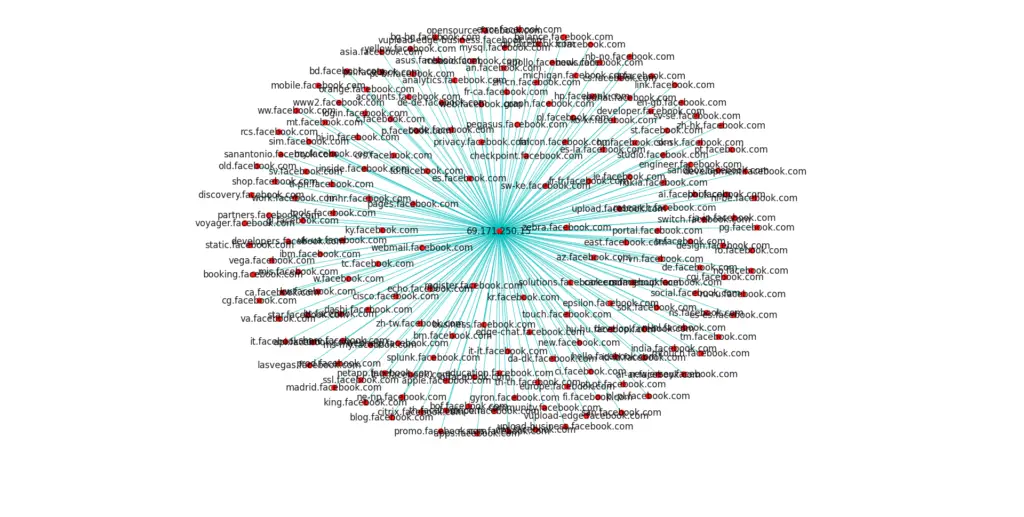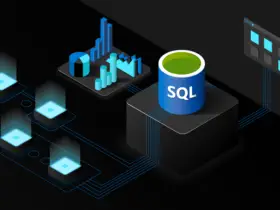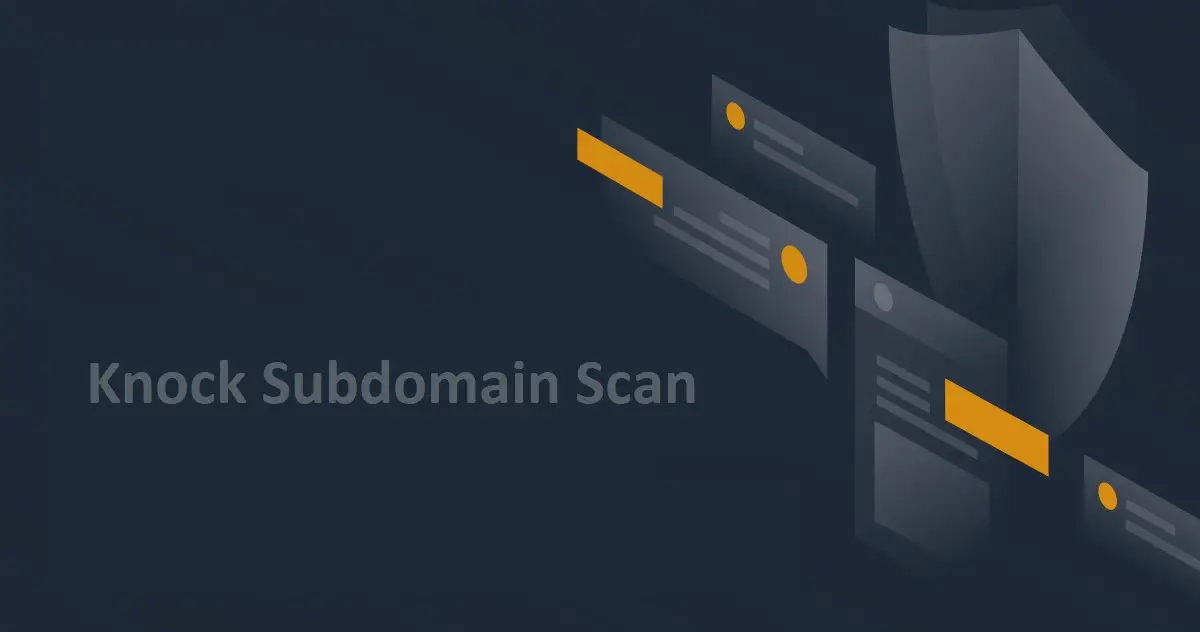

Knock Subdomain Scan v5.3.0
Knockpy is a python3 tool designed to quickly enumerate subdomains on a target domain through dictionary attack.
Very simply
python3 knockpy.py domain.com
Install
You need python3, pip3, git.
git clone https://github.com/guelfoweb/knock.git cd knock pip3 install -r requirements.txt python3 knockpy.py <DOMAIN>
Docker
Knockpy image hosted at DockerHub Page and automatically updated with RAUDI
docker run -it --rm secsi/knockpy <domain>
Knockpy -h
usage: knockpy [-h] [-v] [--no-local] [--no-remote] [--no-http] [--no-http-code CODE [CODE ...]]
[-w WORDLIST] [-o FOLDER] [-t SEC] [-th NUM] domain
--------------------------------------------------------------------------------
* SCAN
full scan: knockpy domain.com
ignore code: knockpy domain.com --no-http-code 404 500 530
threads: knockpy domain.com -th 50
timeout: knockpy domain.com -t 2
* REPORT
show report: knockpy --report knockpy_report/domain.com_yyyy_mm_dd_hh_mm_ss.json
plot report: knockpy --plot knockpy_report/domain.com_yyyy_mm_dd_hh_mm_ss.json
csv report: knockpy --csv knockpy_report/domain.com_yyyy_mm_dd_hh_mm_ss.json
* SETTINGS
set apikey: knockpy --set apikey-virustotal=APIKEY
set timeout: knockpy --set timeout=sec
set threads: knockpy --set threads=num
--------------------------------------------------------------------------------
positional arguments:
domain target to scan
optional arguments:
-h, --help show this help message and exit
-v, --version show program's version number and exit
--no-local local wordlist ignore
--no-remote remote wordlist ignore
--no-http http requests ignore
--no-http-code CODE [CODE ...]
http code list to ignore
--dns DNS use custom DNS ex. 8.8.8.8
-w WORDLIST wordlist file to import
-o FOLDER report folder to store json results
-t SEC timeout in seconds
-th NUM threads num
Usage
Full scan
$ knockpy domain.com
- Attack type: dns + http(s) requests
- Knockpy uses internal file
wordlist.txt. If you want to use an external dictionary you can use the-woption and specify the path to your dictionary text file. - Knockpy also tries to get subdomains from
google,duckduckgo, andvirustotal. The results will be added to the general dictionary. - It is highly recommended to use a virustotal
API_KEYwhich you can get for free. The best results always come fromvirustotal. - But, if you only want to work with local word lists, without search engines queries, you can add
--no-remoteto bypass remote recon. - If you want to ignore http(s) responses with specific code, you can use the
--no-http-codeoption followed by the code list404 500 530
Fast scan
$ knockpy domain.com --no-http
- Attack type: dns
- DNS requests only, no http(s) requests will be made. This way the response will be much faster and you will get the IP address and the Subdomain.
- The subdomain will be cyan in color if it is an
aliasand in that case the real host name will also be provided.
Custom DNS
$ knockpy domain.com --dns 8.8.8.8
- by default it uses the pre-configured DNS on your system (ex. /etc/resolv.conf).
Set threads
$ knockpy domain.com -th 50
- default threads =
30
Set timeout
$ knockpy domain.com -t 5
- default timeout =
3seconds.
Virustotal APIKEY
$ knockpy --set apikey-virustotal=APIKEY
- Get virustotal
APIKEYfor free.
Show report
$ knockpy --report knockpy_report/domain.com_yyyy_mm_dd_hh_mm_ss.json
- Show the report in the terminal.
Csv report
$ knockpy --csv knockpy_report/domain.com_yyyy_mm_dd_hh_mm_ss.json
- Save report as csv file.
Plot report
$ knockpy --plot knockpy_report/domain.com_yyyy_mm_dd_hh_mm_ss.json
- Plot relationships.

Output folder
$ knockpy domain.com -o /path/to/new/folder
- All scans are saved in the default folder
knockpy_reportthat you can edit in theconfig.jsonfile. - Alternatively, you can use the
-ooption to define the new folder path.
Report
- At each scan the report will be automatically saved in
jsonformat inside the file with the namedomain.com_yyyy_mm_dd_hh_mm_ss.json. - If you don’t like autosave you can disable it from the
config.jsonfile by changing the value to"save": false. - To read the report in a human format you can do as described in Show report.
Report example domain.com_yyyy_mm_dd_hh_mm_ss.json:
{
"sub-1.domain.com": {
"domain": "host.domain.ext",
"alias": ["sub-1.domain.com"],
"ipaddr": [
"123.123.123.123"
],
"code": 200,
"server": "Microsoft-IIS/8.5"
},
...................................
-- cut --
...................................
"sub-n.domain.com"{
"domain": "",
"alias": [],
"ipaddr": [
"123.123.123.124"
],
"code": 500,
"server": "nginx/1.15.6 "
},
"_meta": {
"name": "knockpy",
"version": "5.1.0",
"time_start": 1616353591.2510355,
"time_end": 1616353930.6632543,
"domain": "domain.com",
"wordlist": 2120
}
}
_meta is a reserved key that contains the basic information of the scan.
The knock is a github repository by Gianni Amato


























Leave a Reply